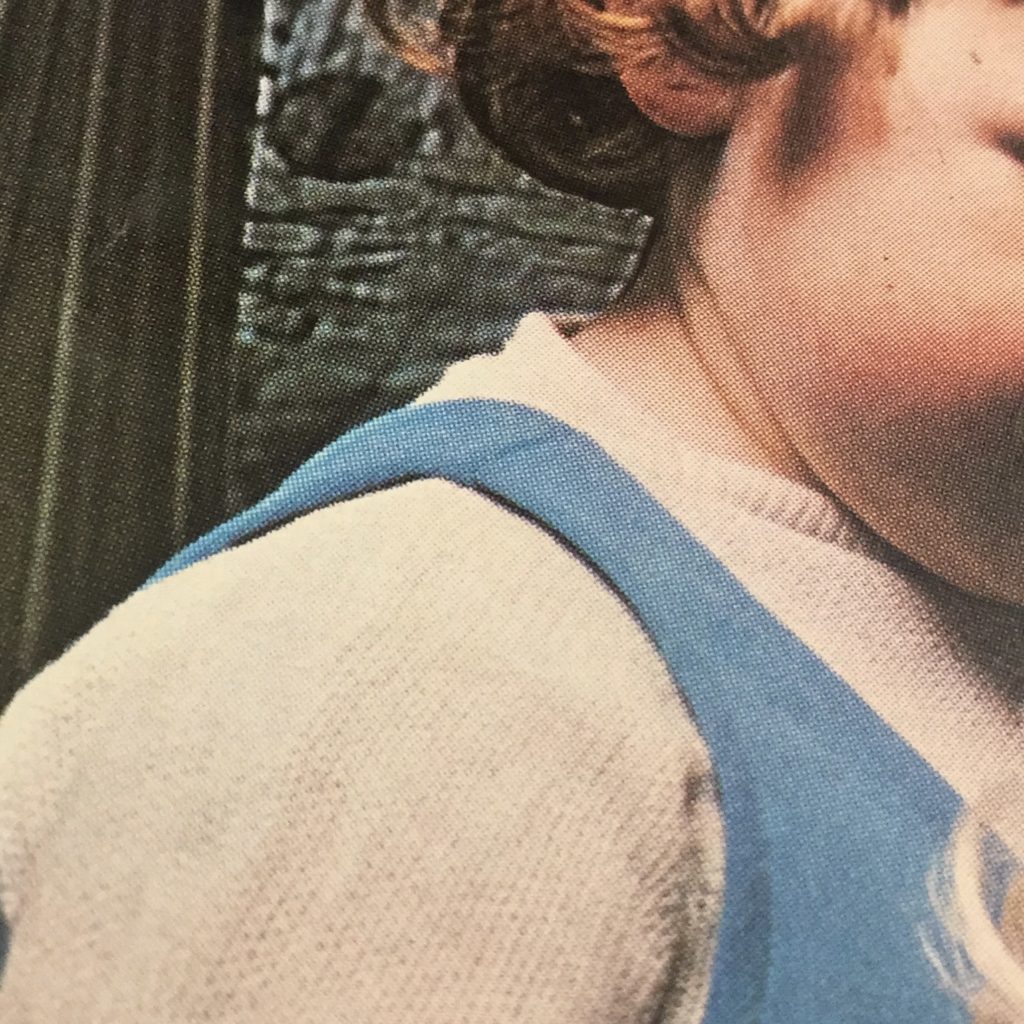In the US and the UK, the expectation that medics will play an important role in preventing, identifying and treating child abuse was established at least fifty years ago. Nurses and doctors, psychologists and psychiatrists working in community settings have privileged access to children. And yet, children and adult survivors say that they are not ‘heard’ when they disclose abuse or send out ‘signals’ or ‘signs’ that all is not well.
On the occasions when children tell someone about the sexual abuse, both boys and girls most often disclose to their mother or girls may sometimes tell a friend. A lower but still significant proportion of children tell a teacher or a trusted professional at school. Health professionals have fewer disclosures. Whether in the recent or more distant past, children’s experience is one of being ignored. Some children have more barriers, for example, disabled children and those from specific ethnic groups. There may be multiple forms of abuse and multiple disadvantages affecting the family: poverty, substance misuse, domestic violence, mental health, or intellectual disability.

Although institutional abuse has appeared on a daily basis in the media over recent years, most child sexual abuse happens in a child’s or perpetrator’s home. Intrafamilial abuse is estimated to account for about two-thirds of child sexual abuse in England. Only one in eight victims come to the attention of authorities. It is often years before this type of life-changing abuse is disclosed during which time children may be repeatedly subjected to sexual violence.
Through archival research, I examine primary care medical responses to intrafamilial child sexual abuse within the wider social and cultural context, as opposed to the treatment they are more often given which is legalistic and procedural. I am also gathering new primary sources through oral histories with retired and current practitioners. My aim is to bring a historical perspective to a problem that is often seen only in a particular cultural moment. It includes an analysis of the influence of US medicine, psychiatry and feminism on practice in the UK. Cultural attitudes and professional learning often call back and forth, but the medical and social welfare institutions and structural contexts are very different.
The aim is to acknowledge the challenges for medics in understanding and responding to child sexual abuse without minimising the immediate and long term harm to children when we fail to notice or act.
RESOURCES:
Dr Ruth Beecher Research Leaflet